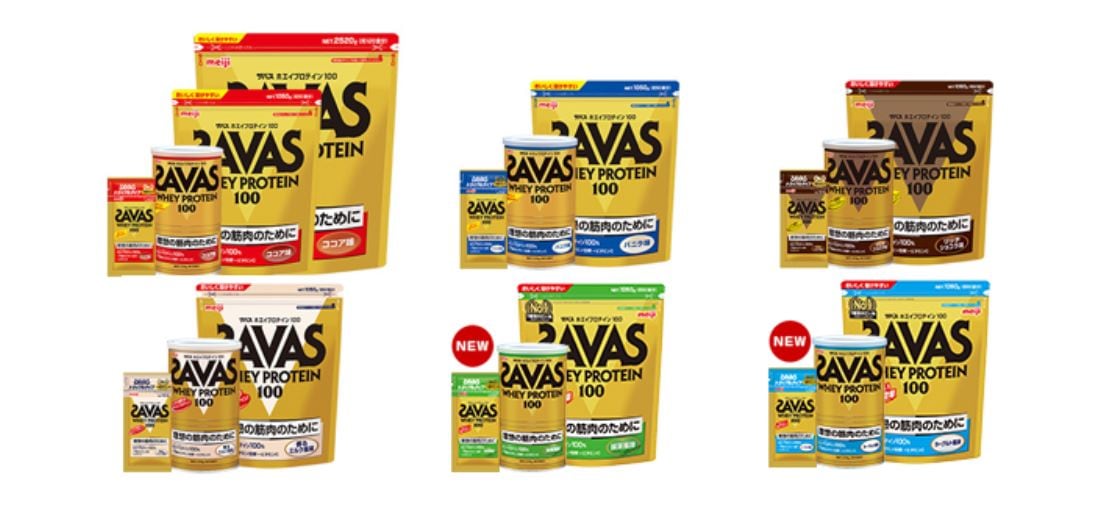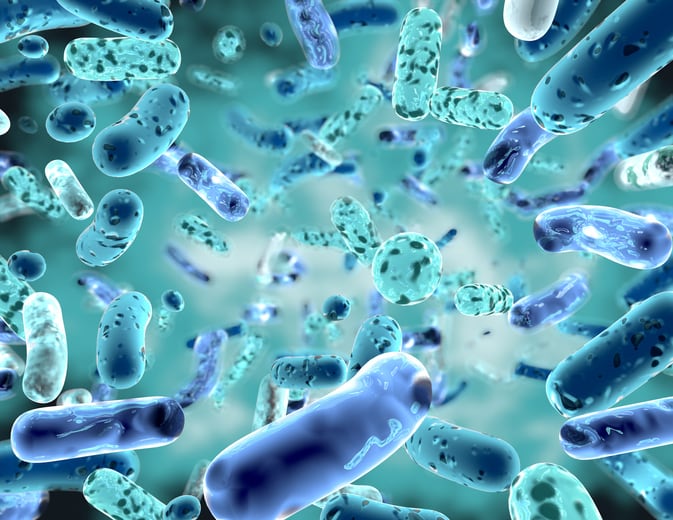As part of its vision for 2030, the company will shift its focus from ‘delicious and convenient foods’ (2010 to 2019), to ‘food and health issues’ (2020 to 2029).
The company announced this strategy as part of its medium-term management plan for 2020 to 2025.
Daisuke Nakamiya, senior manager of Ajinomoto’s public communications department told NutraIngredients-Asia, the company was focusing on two global health issues: excessive salt intake and age-related functional decline.
He told us while delicious and convenient food products will continue to grow steadily, the company would add new concepts that provide health value.
In a presentation of Vision for 2030, Takaaki Nishii, president and CEO described the mission was to “Help people worldwide enhance healthier life by unlocking (the) power of amino acids.”
In the coming decade, Ajinomoto will place more emphasis on smart eating and eco/sustainability in addition to ‘delicious and convenient foods’.
Nakamiya explained: “The difference between ‘delicious and convenient food’ and ‘smart food’ is the enhancement of products and brands that capture lifestyle changes in addition to the taste and convenience of conventional soups and frozen foods.”
Global health issues
Nishii explained that excessive salt intake was prevalent in 95% of countries worldwide and one of the most essential issues in mitigating the risk of chronic diseases like hypertension. WHO stated in 2015 that 20% of the world's population is hypertensive and is responsible for 13% of all causes of death or 9.5 million deaths annually.
Secondly, in terms of age-related functional decline, unhealthy lifestyle and poor nutritional balance causes serious health problems in a rapidly ageing world.
Nishii said: “In addition, 20% of the elderly in the world are undernourished, and lack essential nutrition such as protein, which contributes to muscle weakness and cognitive decline. This is an issue in terms of healthy longevity.”
Sales growth forecast
Over the past two decades, Ajinomoto’s profit growth were largely driven by animal nutrition (2000 to 2009), and international food products (2010-2019).
Ajinomoto’s organic sales growth grew 2% YoY in FY2019. As part of the 2030 goal, the company has allocated milestones for different phases. For FY2022 and FY2025, the plan is to have 4% and 5% YoY sales growth respectively.
The ultimate goal is to maintain 5% growth in 2030.
As part of this goal, Ajinomoto will increase unit prices of its food products and develop more products that promote health value such as salt reduction and healthy ageing.
Ajinomoto revealed that its reduced-salt products were purchased at 20% higher unit prices than regular products.
Nishii said: “We are convinced that this will be a growth trend, including in emerging countries, and we believe that we can strengthen our health promotion products here as well and lead to a return to sales growth by increasing unit prices.”
Nishii said the company will increase investments in its core businesses (seasonings, frozen foods, healthcare) and allocate 80% of R&D and marketing to these.
Excessive salt intake and healthy ageing
Nishii explained that the main functions of amino acids are its flavouring properties as well as nutritional and physiological functions such as helping maintain and improve body functions.
According to Nakamiya, Ajinomoto has several salt-reduced products, some are reduced in sodium such as salt-reduced hon-dashi, while others are reduced in sodium using monosodium glutamate (MSG).
Ajinomoto hopes to tap on its amino acids to provide salt reduction, as well as palatability (umami).
According to the company, MSG contains 12% sodium, compared to 39% sodium content in table salt, hence a much smaller amount of MSG is required to flavour foods. This meant that the total amount of sodium intake from MSG seasoning is substantially smaller than that from table salt.
Aside from salt reduction and flavour, Ajinomoto added that amino acids have nutritional and physiological properties to help maintain and improve body functions. For instance, branched-chain amino acids (BCAA) like leucine help build muscles, and asparagine and glutamic acids help act as a neurotransmitter for cognitive function.
The company has existing products such as soups with added protein and supplements to help prevent age-related functional decline. It plans to expand into cognitive health and also new business areas such as soups and beverages with functional ingredients.
Image of MSG
Nishii expressed that the image of MSG is improving. “When you say ‘salt reduction with deliciousness by umami’, I think you are concerned about the negative image to MSG. Today, I'm telling you that the tide is changing,”
He went on to say, “In the United States, there is a growing trend to use MSG in menus and alternative meats of major restaurants. In Japan, sales of AJI-NO-MOTO for home use have exceeded the previous year for the first time in 10 years.”
AJI-NO-MOTO is the company’s flagship MSG product and also its most well-known seasoning.
Sustainability
Aside from promoting a healthier life, Ajinomoto plans to increase its sustainability efforts including reducing greenhouses gases by 50% by 2030.
The company also plans to reduce water use in its manufacturing process by 80% by 2030, and aims to achieve “zero” plastic waste by 2030, by reducing its compact packaging and recycling into mono-materials.
The company hopes to achieve 100% sustainable procurement of its ingredients by 2030, this includes coffee beans, palm oil, paper, soy beans, and beef.
Impact of COVID-19
With the recent novel coronavirus (COVID-19) outbreak, Ajinomoto forecast a negative impact on the next three months. About JPY 0.3 billion (USD2.8 million) is estimated as the cost impact of substituting raw materials imported from China.
For disrupted operations, Ajinomoto’s Shanghai facilities in amino acid and seasoning are predicted to lose up to JPY 0.6 billion (USD5.5million).
We will be shining the spotlight on the extensive food, nutrition and beverage opportunities that are being created by the region’s rapidly ageing population, and a growing interest in health and wellness across the board, at our Healthy Ageing APAC Summit in Singapore this July. Find out more here.




